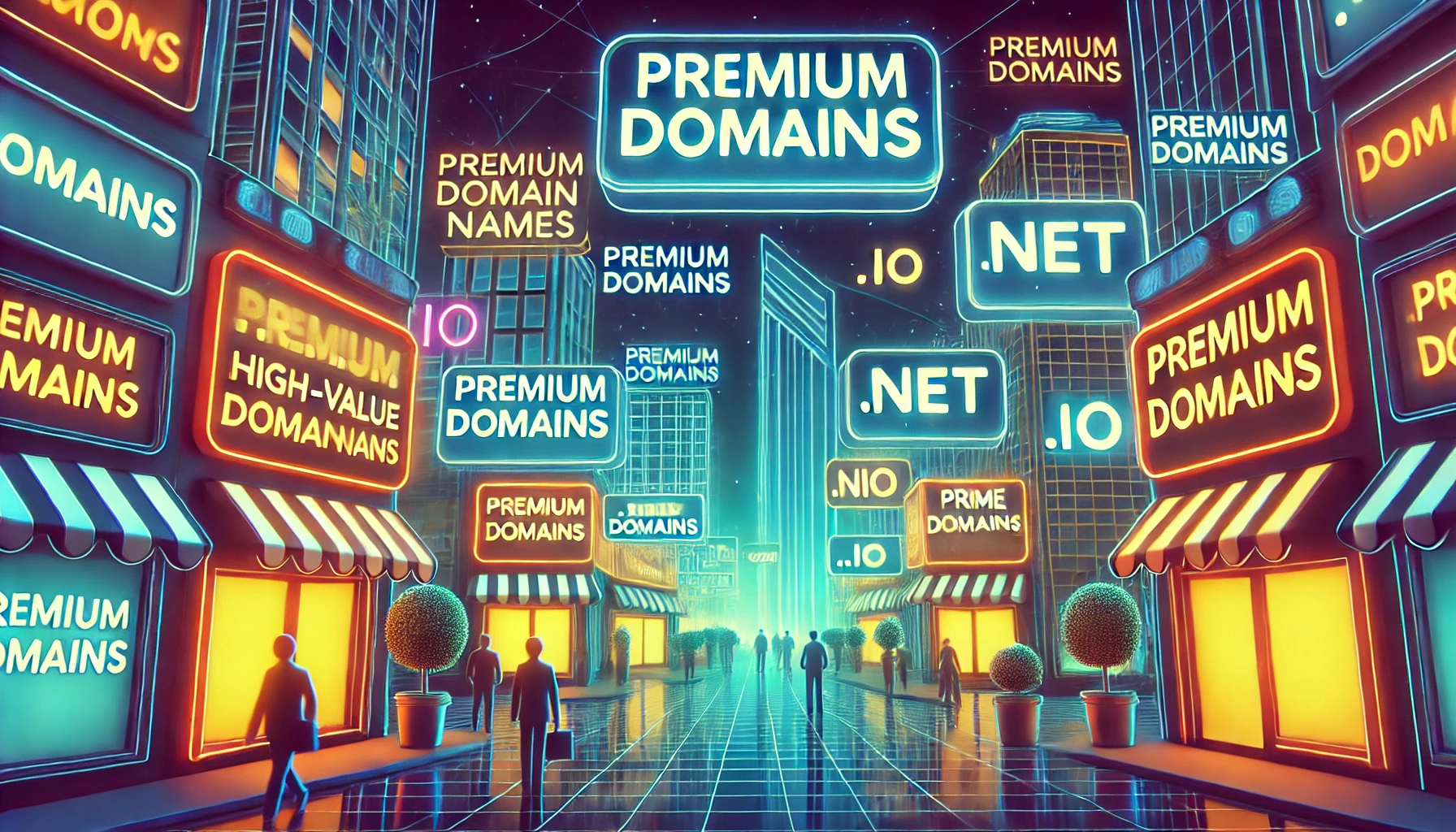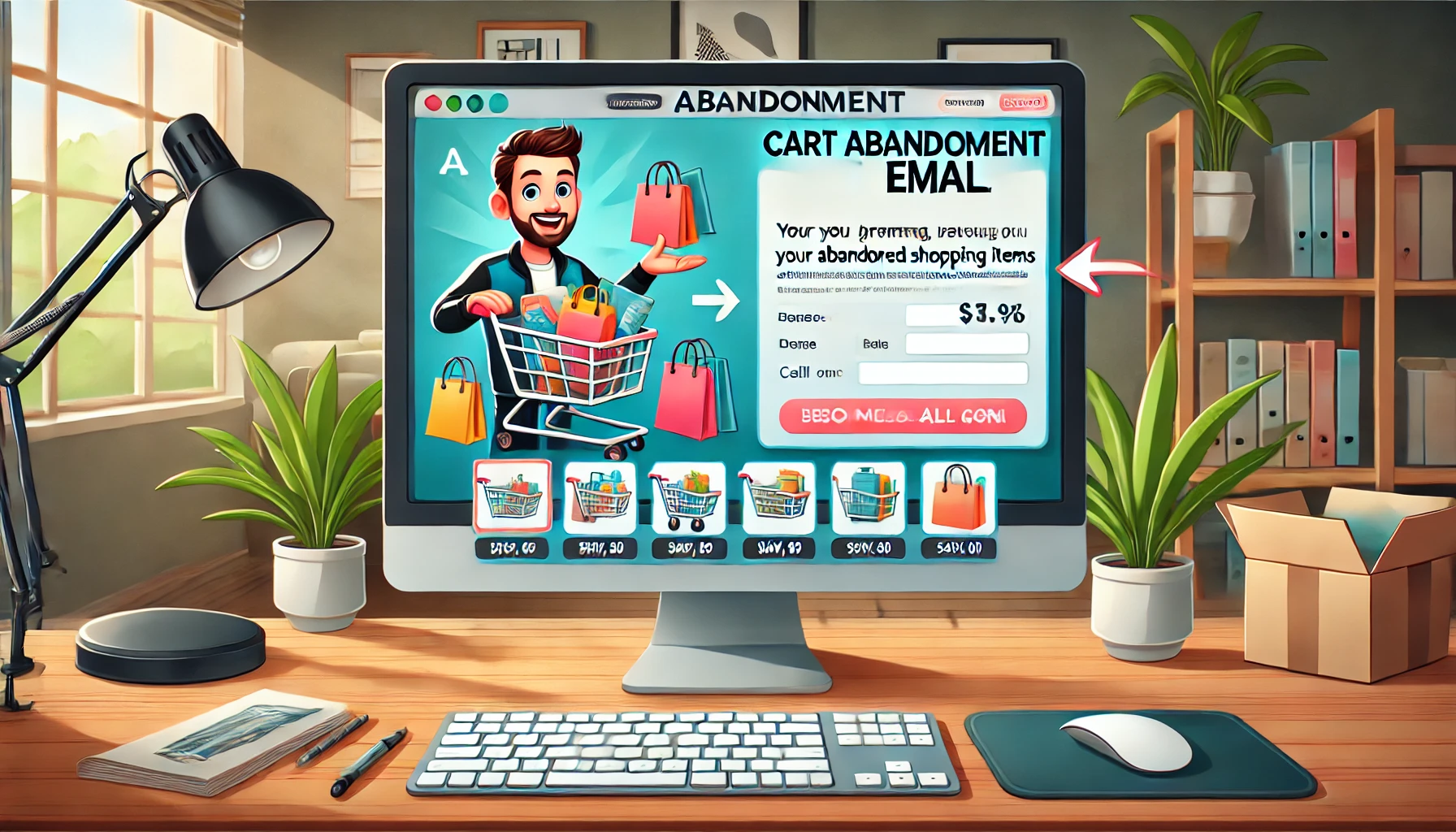As a business owner, one of the most crucial tasks you have is building and maintaining relationships with both potential and existing customers. Let’s be real, it can be super tough to keep tabs on all your customers and leads without some help. That’s where Customer Relationship Management (CRM) software comes into play. It’s basically a tool that helps me and my team keep track of our interactions with each customer and lead.
Why does this matter? Well, a lot depends on how your customers feel they are treated by your business. Ensuring they get personalized messages and attention can really boost customer satisfaction. Trust me, it makes a world of difference.
In this guide, I’m going to walk you through how to pick the perfect CRM software for your business. Whether it’s managing communications with your sales team, handling leads or crafting personalized marketing campaigns, the right CRM can make your life a lot easier.
We’ll dive into the top ten things you should consider before you commit to a CRM. But first, let’s set the stage for why this choice is so crucial for your success.
Understanding CRM Software and Its Importance
So, what exactly is CRM software? It’s a tool that lets businesses like ours keep track of all the customer details and every interaction we’ve had with them. That’s pretty much the gist of it.
Exploring the Different Types of CRM Software
Alright, you should know there are five main flavors of CRM software, each with its own perks:
Operational CRM:
This type helps you run your business smoother by using the customer data you’ve collected. It’s all about improving the day-to-day operations and making sure everything is organized.
Analytical CRM:
This one is for data geeks like me. It uses data visualization to give you a clearer picture of your customers and what they’re up to when they interact with your business. It’s about turning raw data into insights.
Collaborative CRM:
Think of this as your teamwork CRM. It shows you how to work better with vendors and distributors by sharing customer data. It’s super useful for making sure everyone’s on the same page.
Campaign Management CRM:
This is a bit of a hybrid, mixing features from both analytical and operational CRMs. It’s perfect for running sales or marketing campaigns because it uses all the contact info you’ve collected.
Strategic CRM:
Last but not least, this type helps you make smarter business decisions based on the information you’ve gathered about customers and market trends. It’s about planning with a focus on the customer.
So, there you have it! Depending on what your business needs, there’s a CRM type that fits the bill.
Picking the Perfect CRM for Your Business
Listen up, no matter what kind of business you’re running, keeping those customer relationships in check is key to hitting it big. And let me tell you, the ultimate wingman for this job is CRM software.
CRM software? Yeah, it’s like your secret weapon for strengthening bonds with customers and leads, sniffing out new products to offer and even reeling in fresh leads.
But hey, with a bazillion CRM options out there, how do you know which one’s right for you? Your business is as unique as your fingerprint, right? So naturally, the best CRM pick for you depends on things like what industry you’re in, how big your business is and a bunch more.
What to Keep Tabs on When Scouting for CRM Software
Alright, let’s get down to business. Here are ten things you got to keep in mind when you’re on the hunt for the perfect CRM fit for your business.
1. Nailing Down Features That Suit Your Business Needs
Every business is different, right? That’s why you need a CRM (Customer Relationship Management) system that fits what you’re trying to achieve without bombarding you with stuff you don’t need.
A lot of CRM software out there is packed with features, which is great but it also comes with a hefty price tag. What if you don’t need all those bells and whistles? Or maybe you don’t need them yet but you might as you expand? You should look for a CRM that lets you pick and choose features as your business grows. This way, you’re not stuck paying for a top-tier package that’s more suited to huge companies when you’re just starting out.
Stay away from those “one-size-fits-all” solutions. Take a good look at what features you actually need right now and make your choice based on that.
2. Counting the Costs
If you’re running a startup or a small business, chances are you don’t have thousands to drop on CRM software every month. If the cost of a CRM solution makes you cringe, it’s a sign to look elsewhere.
Focus on finding a CRM that fits your needs without draining your bank account. If you’re looking to save money, consider an all-in-one CRM. These often include marketing automation and customer support, which could be a good deal if that’s what you need.
Also, check out how the CRM is priced. If cash flow is tight, you might prefer to pay month-to-month. So if a CRM system doesn’t offer this option, it’s probably not the right fit for you.
Watch out for hidden costs too. Some CRMs might look affordable at first but then you find out they have extra fees, like a monthly maintenance charge based on how many contacts you store. What looked like a great deal at first might end up being way more expensive than you thought.
3. Cloud-Based or On-Site: Weighing the Options
So, are you leaning towards a super mobile cloud-based CRM or are you thinking about sticking to on-site use? It’s a big decision and honestly, neither choice is flawless.
Let’s start with cloud-based CRMs. The cool thing here is that you don’t need to be a tech wizard or maintain any server. You simply log in from your browser and boom, you’re set to go. All your data is stored on the provider’s server so as long as you have an internet connection, you can access it from literally anywhere.
But that’s also the catch—you need an internet connection. If you’re somewhere without WiFi or your internet goes down, you’re kind of stuck. No internet means no access to your customer info, which can be a real pain if you need to look something up urgently.
Now, looking at on-site CRM, it’s a bit old school. You buy the software and install it on your local machines or servers. This might save you from those regular subscription fees that come with cloud solutions but it has its own challenges. If something goes wrong, you’re going to need some IT pros to help you out. This could mean additional costs if you don’t have tech support on hand.
Pros and Cons of Cloud vs. On-Site
Choosing the right CRM is crucial. You need something that can adapt and grow with your business. Whether it’s cloud-based or on-site, think about what will work best not just now but as you scale up. Remember, flexibility is key.
4. Getting Flexible and Integrated with Your CRM
Okay so your CRM software should basically be like a crystal ball for your customer relations. It needs to show you everything about your customers and potential leads—things like their contact info, what they like, what they’ve bought before and even how much profit you’ve made from them.
This kind of info is super useful when you’re whipping up new marketing campaigns. You can tailor your messages super precisely for your landing pages, email blasts or even big, multi-channel marketing pushes. It’s also great for scoring and qualifying new leads.
Now, you’ve got to make sure the CRM you pick plays nice with the marketing tools you already have. It’s like making sure your new smartphone is compatible with all your favorite apps.
If everything’s perfect but one piece just won’t fit, don’t stress. Check out platforms like Zapier or IFTTT. They’re lifesavers for linking things together that don’t naturally connect.
Remember, your CRM isn’t going to work in a vacuum. It’s got to integrate seamlessly with all the other tools you use, helping you keep your marketing efforts slick and streamlined.
When you’re scouting for a CRM, keep an eye out for integration with various systems like:
- Accounting and HR software
- Billing and eCommerce platforms
- Lead generation tools
- Your email marketing provider
- And potentially others
Besides checking for all these integrations and compatibility, you also want to make sure it’s easy to transfer all your existing contacts into the new system. See if the CRM lets you import and export data easily. That way, you can hit the ground running without any data-entry headaches.
5. Getting User-Friendly and Mobile with Your CRM
So, here’s the deal: if your CRM software isn’t easy for your team to use exactly where they need to use it, then honestly, it’s not doing its job. CRM software can get pretty complicated—it has to manage tons of details about your customers and all your interactions with them, after all.
Because of this complexity some CRM systems can be a real headache to learn. That’s why it’s crucial to look for one that’s intuitive and straightforward. An easy-to-use interface can make a huge difference. If the software is too complex some people on your team might just throw in the towel and not bother using it at all.
And when that happens? Well, it messes with your team’s coordination, efficiency and even the reliability of your data.
Plus, you’ve got to think about mobile-friendliness. Chances are, your team isn’t always sitting at their desks. They might be out meeting clients or taking calls away from the office, right? You’ll need a CRM that’s easy to use on the go. This might mean going for a cloud-based CRM or an on-site option that syncs up smoothly with mobile devices.
6. CRM Testing
Now, before you commit to a CRM, make sure you test it out—and I mean really put it through its paces. Try to break it if you can. You need to know that the CRM can handle everything you throw at it without glitching.
Testing it thoroughly before fully integrating it into your business can save you from some nasty surprises later on about how it works (or doesn’t).
7. Training and Tech Support
And what about after you buy the CRM? Are you left to set everything up on your own or is there training and tech support available? What exactly does that support look like?
Luckily, most CRM systems nowadays are pretty user-friendly. If you’re just diving into the basic features, you might be able to figure things out with just a bit of exploring.
But if you’re planning to use the CRM across multiple departments or with lots of integrations, you’ll definitely need solid training and support to get everyone up to speed.
8. Industry-Specific
Okay so depending on what industry you’re in, the best CRM for your business might look a little different. If you’re in a niche or specialized field, you definitely want to check out CRMs that are made just for your industry. These are usually designed by people who really understand the unique needs and challenges of your field, which can be a huge plus.
Going for an industry-specific CRM can be a major time-saver. It means you can skip a lot of the customization other businesses might have to do and you can start seeing the benefits of your CRM much faster.
9. GDPR Features
Now, if you’re operating in the EU, there’s this big thing called GDPR you’ve got to think about. Your CRM needs to have built-in features to handle GDPR requirements. This is super important because it helps you manage customer data properly and keeps you out of hot water, especially when you’re launching new marketing campaigns.
So, what are we talking about when we say GDPR features? Well, for starters, you need the ability to delete customers from your database if they ask for it—and then confirm to them that they’ve been removed.
You also need to be able to pull up and send a detailed report of what specific data you have on them, if they request it. It’s more than just telling them you collect cookies—it’s about providing detailed, individual reports.
Finding a CRM that lets you handle these requests with just one click can be a real game-changer. It means less time spent on manual tasks like scrubbing data from various databases across different departments.
Without these GDPR-specific features, you’re risking non-compliance and that’s not a position you want to find yourself in.
10. Scalability and Agility
Chances are, you want your business to grow, right? That means you need a CRM that can scale and evolve along with you. Even if explosive growth isn’t your main aim, you probably want to streamline and improve your processes—that’s something the right CRM can help with too.
It’s not too tough to find a CRM that’s scalable and adaptable. You just need to check if the CRM can be upgraded and if it can adjust to meet changing business needs.
It’s kind of a balancing act—finding a CRM that fits your business perfectly right now while also being able to support where you see your business going in the future. If a CRM can match your vision for the future and meets your current needs, then you’ve found a real keeper.
Conclusion
So, your Customer Relationship Management (CRM) system is a big deal when it comes to your business’s success. It doesn’t matter how big your company is, what industry you’re in or how much budget you’re working with—there’s a CRM out there that’s perfect for you.
From everything we’ve talked about, you’re now armed with the info you need to pick the best CRM for your business. Once you’ve snagged the right CRM, handling your customer and lead management will be way easier. And you know what? You’ll probably want to start pulling in even more leads to keep your sales funnel packed.
That’s where Tribal Pearl Agency comes in. We’re here to back you up with top-notch conversion optimization services that make sure no part of your sales process lets a lead slip through the cracks. Interested?
Hit us up for a free quote today and let’s make sure your CRM and sales strategies are set up for awesome results!












